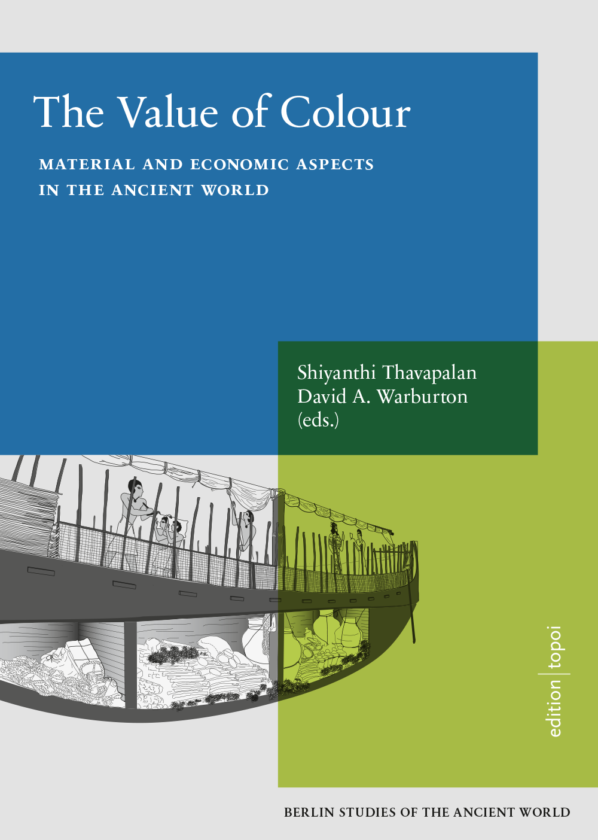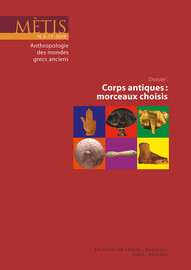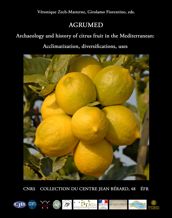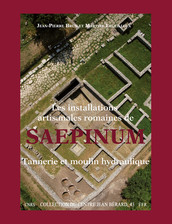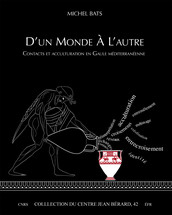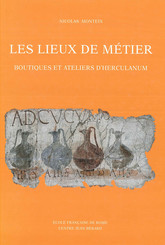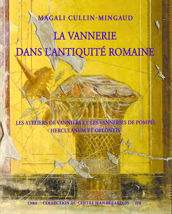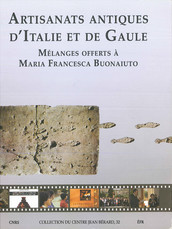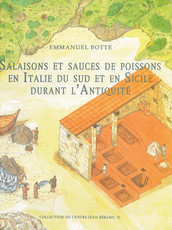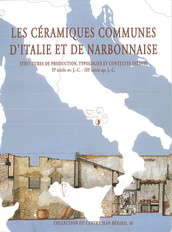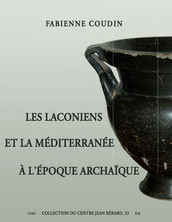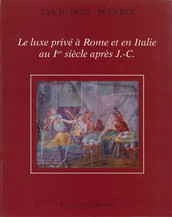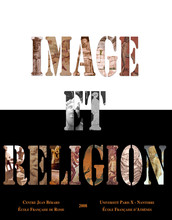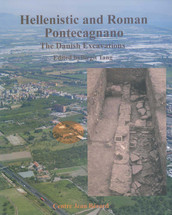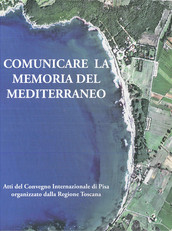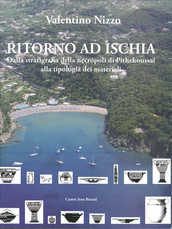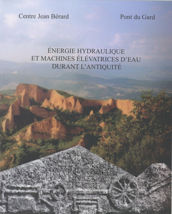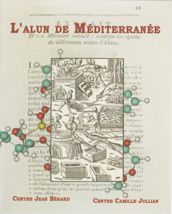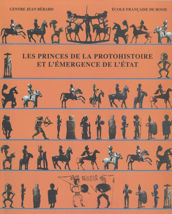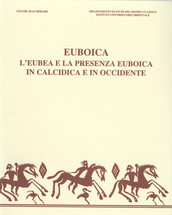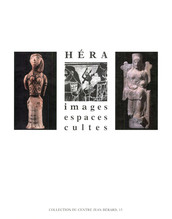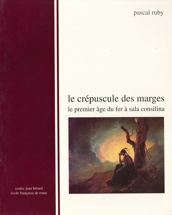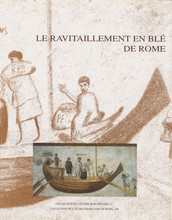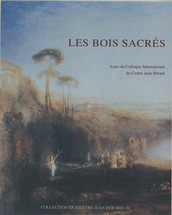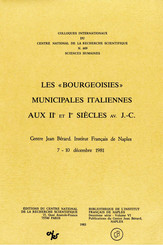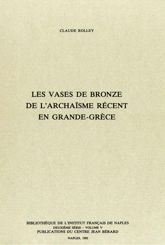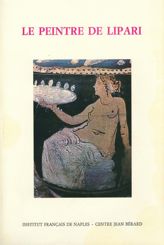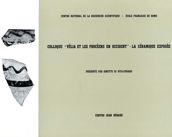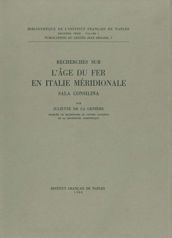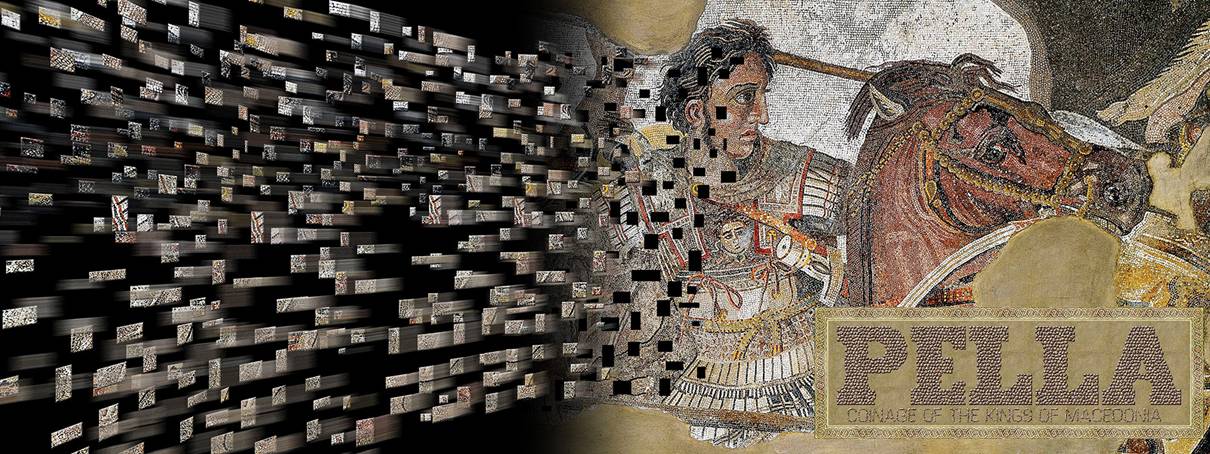Value of Colour. Material and Economic Aspects in the Ancient World
David Warburton, Shiyanthi Thavapalan (eds.)
David Warburton, Shiyanthi Thavapalan (eds.)
Reihe: Berlin Studies of the Ancient World. Vol. 70
Jahr: 2020
Seiten:
DOI: 10.17171/3-70
Shortlink: www.edition-topoi.org/books/details/1595
In The Value of Colour, an interdisciplinary group of scholars come together to examine economically relevant questions concerning a narrow slice of social and cognitive history: namely, colours. Traditionally, the study of colours has been approached from a cultural or linguistic perspective. The essays collected in this volume highlight the fact that in earliest human history, colours appear in contexts of prestige (value) and com-merce. Acquisition, production, labour, circulation and consumption are among the issues discussed by individ-ual authors to show how colourful materials acquired meaning in the ancient Near Eastern and Mediterranean worlds. Spanning the Palaeolithic to the early Imperial Rome, the contributions also demonstrate the many questions asked and approaches used by historians in the growing fi eld of Colour Studies
